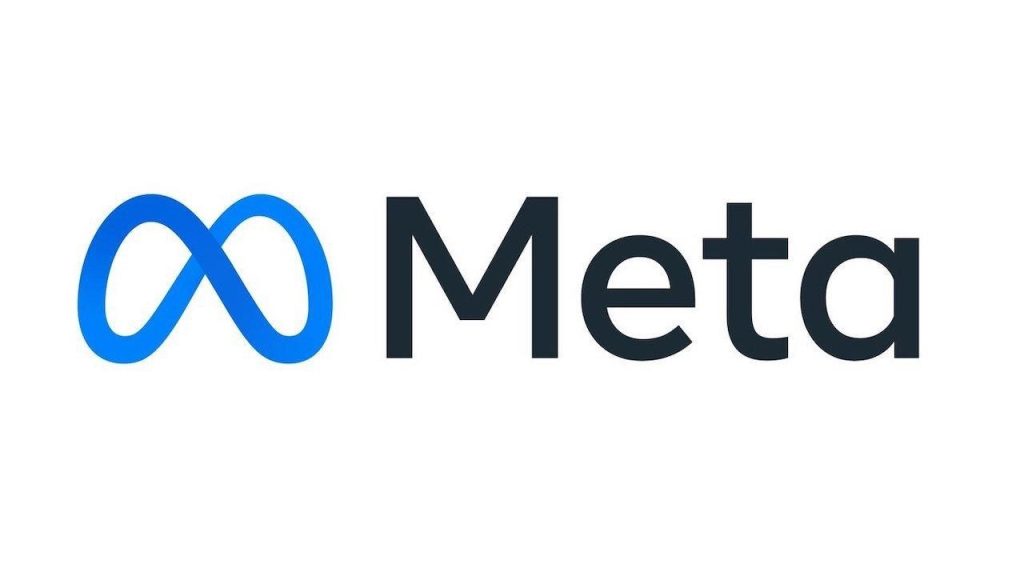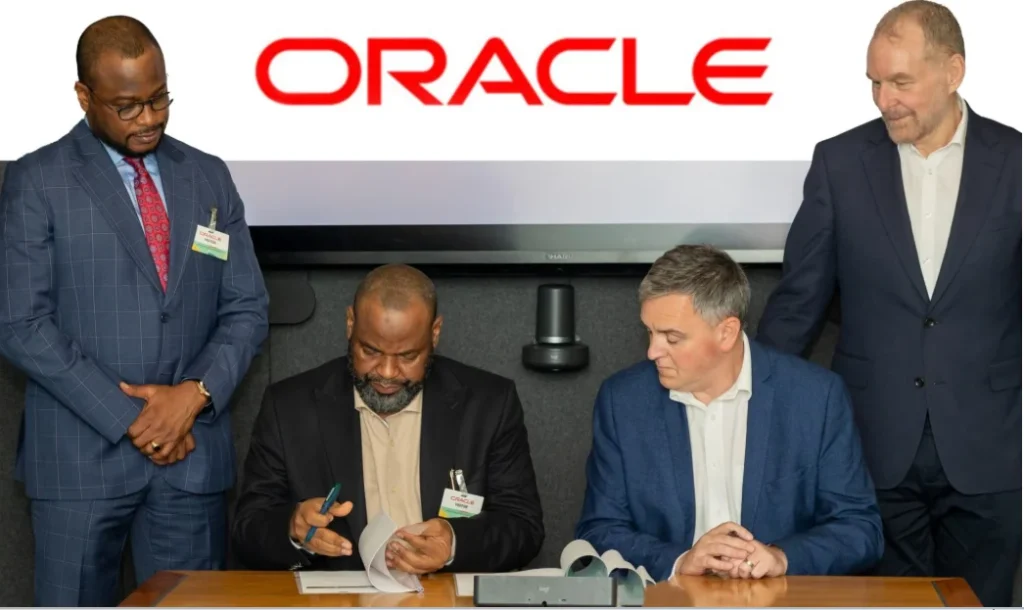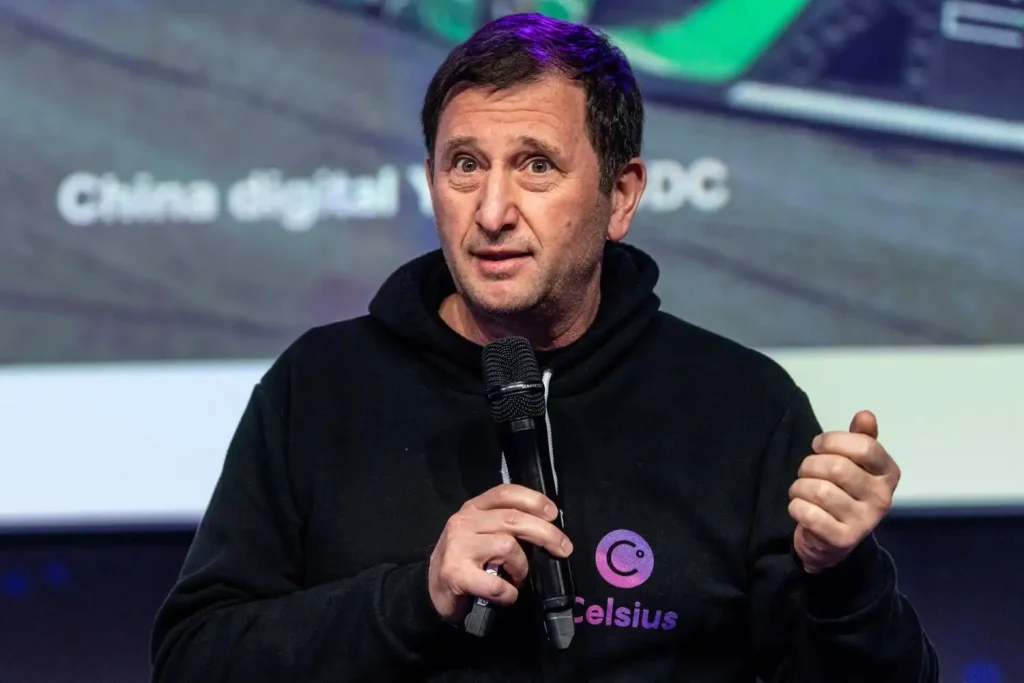Meta Platforms, the parent company of Facebook, Instagram, and WhatsApp, won a significant legal victory against Israeli surveillance firm NSO Group on Tuesday, concluding a six-year legal battle. The decision comes after Meta’s claims that NSO exploited a vulnerability in WhatsApp to install spyware on users’ phones, marking a pivotal moment in the ongoing fight for digital privacy and security.
In a jury ruling delivered in California, NSO was ordered to pay Meta $444,719 in compensatory damages, along with an additional $167.3 million in punitive damages. This verdict follows a previous ruling in December, which found that NSO had unlawfully exploited the messaging service’s vulnerability to deploy spyware. Meta hailed the decision as a major step in protecting privacy and security in an era where surveillance technology increasingly threatens the safety of digital users worldwide.
WhatsApp’s Lawsuit Against NSO Group
The lawsuit, initially filed in 2019, garnered widespread attention for its role in challenging the practices of surveillance firms that develop tools for state-backed hacking. WhatsApp accused NSO Group of exploiting a vulnerability in its service, known as the “WhatsApp bug,” to install surveillance software on the phones of targeted users. This case ultimately became a symbol of the ongoing struggle between tech companies and spyware vendors, highlighting the potential for legal accountability in an industry where impunity has often been the norm.
Meta expressed satisfaction with the verdict, noting, “Today’s verdict in WhatsApp’s case is an important step forward for privacy and security as the first victory against the development and use of illegal spyware that threatens the safety and privacy of everyone.” The company emphasized that the ruling would serve as a deterrent for other spyware companies, sending a message that they could face legal consequences for using their tools for malicious purposes.
NSO Group Responds to the Verdict
In its statement, NSO Group expressed its intent to appeal the decision, citing the need to “carefully examine the verdict’s details and pursue appropriate legal remedies.” The company has faced increasing scrutiny since it first came to global attention in 2016 for its involvement in the development of spyware tools used by governments to target individuals, journalists, and activists. Despite its claims that the software was intended to track terrorists and criminals, NSO has been implicated in numerous abuses across the world.
NSO’s surveillance products have been linked to controversial actions by governments in countries such as Saudi Arabia, Mexico, Spain, and El Salvador. Human rights groups have long criticized the company for enabling oppressive regimes to monitor and suppress dissent. The WhatsApp lawsuit, which has drawn significant interest from both the surveillance industry and human rights advocates, further exposed NSO’s role in this global surveillance ecosystem.
The Role of Surveillance Technology in Global Affairs
The legal battle between Meta and NSO Group underscores the growing concerns around the use of surveillance technology by state actors and private companies. Although NSO argues that its software is intended to help law enforcement agencies track criminal activity, the firm has faced mounting criticism for its role in human rights abuses. The WhatsApp case is part of a broader effort to hold companies like NSO accountable for their products’ misuse.
Natalia Krapiva, a senior lawyer at the human rights organization Access Now, commented on the significance of the verdict. “This is something that will hopefully show spyware companies that there will be consequences if you are careless, if you are brazen, and if you act in such a way as NSO did in these cases,” she said. The ruling represents not only a victory for Meta but also a potential turning point in the fight against illegal spyware.
The Internal Operations of NSO Group
Throughout the trial, significant details about NSO Group’s operations were revealed, shedding light on the company’s methods and the scope of its surveillance activities. Testimony during the case disclosed that NSO employed a team of 140 researchers, with an annual budget of $50 million dedicated to discovering and exploiting vulnerabilities in mobile phones. The company’s clients included governments from countries such as Uzbekistan, Saudi Arabia, and Mexico—details that were disclosed during the court proceedings but are typically kept secret.
The court proceedings revealed that NSO’s spyware products were sold to various governments, which used them for a wide range of purposes, often outside the scope of lawful surveillance. As part of its defense, NSO claimed that it merely provides the tools, leaving the responsibility for their use to the governments that purchase them. However, this defense has been increasingly difficult to sustain in light of the growing body of evidence pointing to the misuse of its products.
The Challenges of Holding Spyware Companies Accountable
The WhatsApp lawsuit is not the first case in which spyware companies have faced legal action, but it is one of the most prominent. Victims of state-sponsored hacking have often struggled to hold spyware developers accountable, with many companies refusing to disclose information about their products or clients. NSO Group’s refusal to cooperate with the discovery process in the case led District Judge Phyllis Hamilton to accuse the company of “repeatedly failing to produce relevant discovery and failing to obey court orders.”
The lack of transparency surrounding the actions of spyware firms has been a consistent issue in efforts to regulate the industry. As Krapiva noted, the WhatsApp case was an opportunity to expose some of the inner workings of NSO and send a clear message that spyware companies could face significant legal consequences for their actions. However, much of the company’s operations remain shrouded in secrecy, with many key details still undisclosed due to the firm’s refusal to provide evidence.












